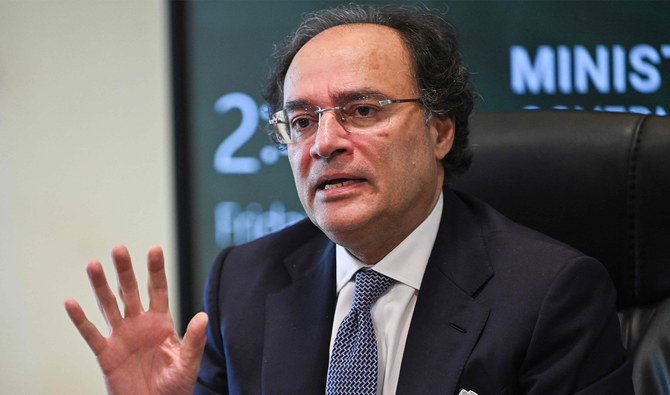Finance Minister Muhammad Aurangzeb emphasized on Saturday that the newly finalized $7 billion IMF aid package for Pakistan would play a crucial role in achieving macroeconomic stability for the country.
Announced late last night, the agreement offers much-needed relief to Pakistan, contingent on approval by the IMF’s Executive Board. The program aims to solidify macroeconomic stability and pave the way for stronger, more inclusive, and resilient economic growth, according to a statement from the IMF.
Aurangzeb commented today on the significance of the deal, stating that it would assist Pakistan in attaining macroeconomic stability. He highlighted the necessity for structural reforms to ensure self-sustainability in public finance, energy, and state-owned enterprises, as reported by Geo News.
Pakistan’s economy has faced severe challenges including the impact of the Covid-19 pandemic, effects of the Ukraine war, supply chain disruptions leading to inflation, and extensive flooding in 2022, exacerbating its financial difficulties and necessitating IMF intervention.




